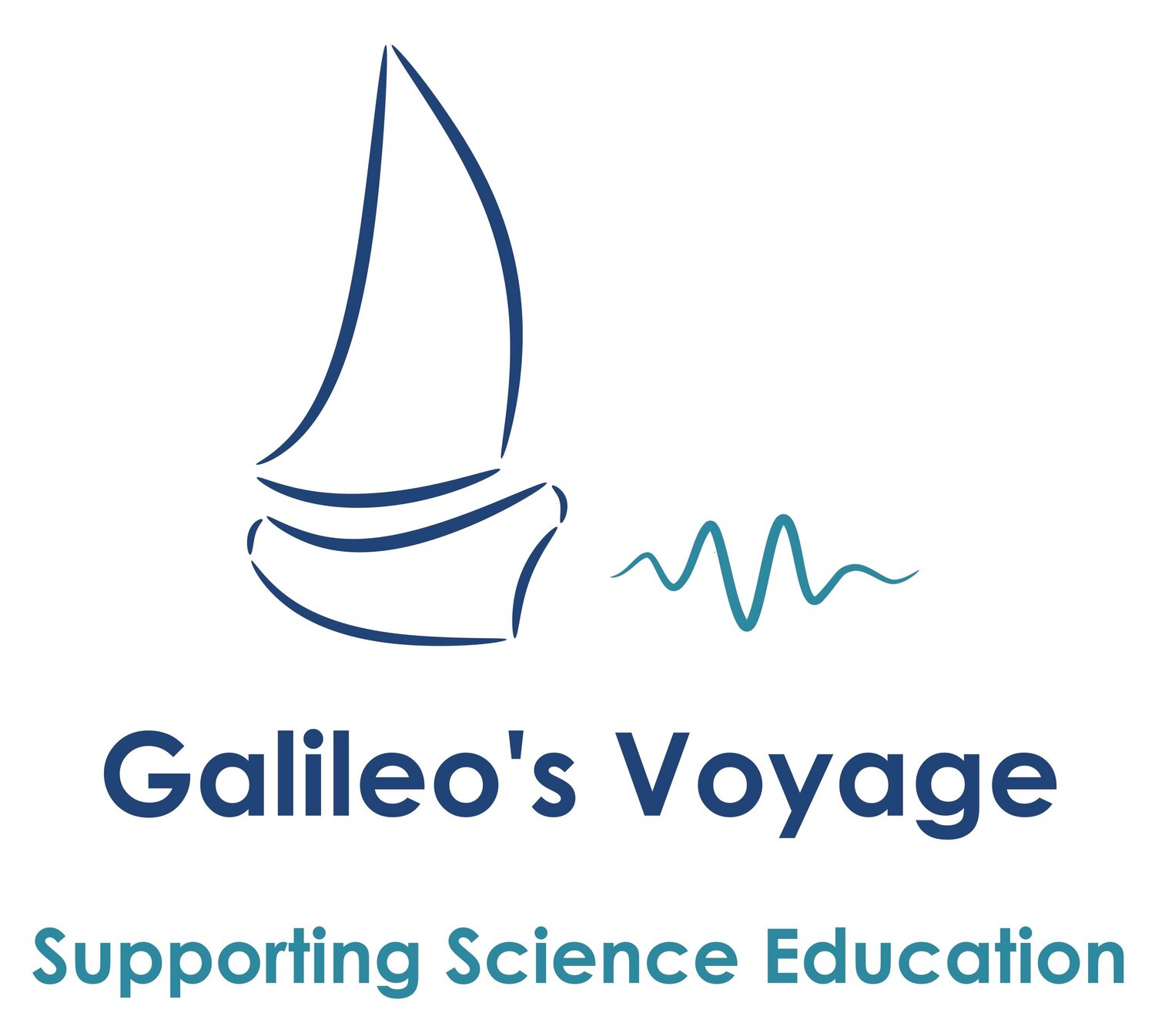
Student projects
For parents and teachers
Every child is able to think like a scientist. From simple questions, such as:
“How can I make my soap bubbles last longer?”
to more complicated questions like:
“How do weather patterns affect the number of cosmic rays we receive on the ground?”
students can choose their own question and complete their own research, towards receiving a CREST award, a scheme operated by the British Science Association.
We support CREST awards for different ages, for schools, individuals or community groups.
For students
Inquiry-based projects are research projects that allow you to work as a scientist. You start by posing a question, then you form a hypothesis, design and run an experiment, analyse your data and draw your conclusions regarding the validity of your hypothesis.
Depending on the time you spend on your project, you can achieve different CREST awards. It is recommended that you start from the Discovery or Bronze, then you move to Silver and if you plan to go to university to study science then you can go for Gold. A Gold CREST award is a very good way to prepare yourself for a life as a scientist.
Primary (ages 7+)
Discovery Awards offer an introduction to real project work and give students the freedom to run their own investigations. They can be completed in one day, with students working together in self-managed groups.
We offer guidance and support to individual students towards completing this CREST award. We can also deliver this award as a whole day event at an appropriate venue, for a maximum of 20 students, working in teams.
Individual students can choose ideas from the Marvin and Milo collection or they can come up with their own unique idea for an investigation.
Image credit: Institute of Physics
Low Secondary (ages 11+)
Bronze Awards introduce students to project work empowering them to work like real scientists, technologists, engineers or mathematicians. Students choose their own topic and methodologies, giving them complete freedom over their work.
We offer guidance and support to individual students towards completing their own investigation, working for a minimum of 10 hours.
Students can use simulation platforms, such as GO-LAB, LabsLand, PhET simulations or myphysicslab. An example of a simulated experiment is to investigate the factors affecting the size of impact craters on the Earth, Moon or Mars.
Image credit: phet.colorado.edu
Middle Secondary (ages 14+)
Silver Awards are designed to stretch students and enrich their STEM studies. Students develop their own project idea and gain in-depth experience of the scientific method or engineering design process.
We offer guidance and support to individual students towards completing this CREST award, working for a minimum of 30 hours.
Students can use the robotic telescope of the National Schools Observatory to take their own sky observations and complete their own research. The Observatory provides many suggestions for projects on their DISCOVER tab.
Image credit: NSO
High Secondary (ages 16+)
Gold Awards are long projects that immerse students in real research.
We offer mentoring to individual students towards completing this CREST award, working for a minimum of 70 hours. We use the HiSPARC project for this award, which focuses on cosmic rays, a research area that has direct links with astrophysics and particle physics.
HiSPARC offers students the opportunity to participate in real research, with the purpose of finding out more about these mysterious and rare cosmic particles. Students have access to the HiSPARC Public database, allowing them to investigate a variety of factors that affect cosmic rays.
Image credit: CERN
Testimonial
“I completed a Gold Crest Award with the support of my mentor, Dr. Maria Pavlidou, whose input I have found invaluable in guiding my ideas to produce an area of focus for my project as well as areas I could look into to further my investigation. I undertook weekly video meetings with Dr. Pavlidou in which we discussed the progress I had made during the week on my project and the next steps for the following week. I found the experience self-led, with supportive guidance being offered by Dr. Pavlidou at each step of the project. Training sessions on data analysis at the beginning of my journey made me well-equipped when going about the data analysis in my project, covering the basic statistics required to carry out correlations and testing for statistically significant differences. Finally, I received great guidance for rounding up my project and end-to-end refinement of my project report. Dr. Pavlidou has been an excellent and inspiring mentor, extremely clear when explaining scientific concepts, very approachable and always available to answer any questions I may have. I have found the Gold CREST Award a great learning experience, providing me with important research skills which will help me greatly in the future.”
Alice - A Level Physics Student




